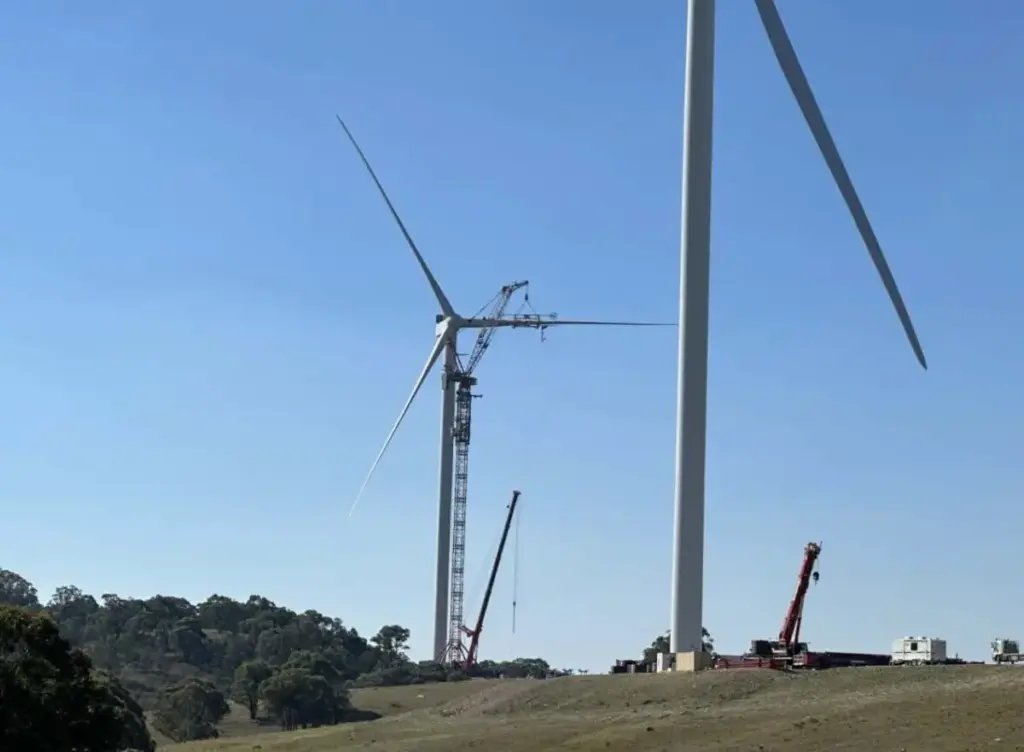
The Australian Productivity Commission (PC) has released an interim report urging a significant overhaul of the country’s environmental approval processes. This report aims to accelerate the transition to clean energy by addressing barriers that hinder Australia’s net zero ambitions. Released on March 15, 2023, the findings are part of a broader government initiative to enhance productivity across various sectors of the economy.
The report, titled “Investing in Cheaper, Cleaner Energy and the Net Zero Transformation,” is the second in a series commissioned by the Albanese government. It highlights the need for a more efficient approval process for renewable energy projects, which PC Commissioner Mark Stokie described as “sluggish and uncertain.” Stokie emphasized that streamlining approvals would facilitate a quicker transition to clean energy, stating, “Getting to yes or no quicker on priority projects would meaningfully speed up the clean energy transition.”
One of the key recommendations from the report is the need to revise the Environment Protection and Biodiversity Conservation Act (EPBC). The PC suggests introducing clearer standards to expedite the approval process. Although modifications to the EPBC are already underway, the report calls for more defined and enforceable environmental standards to prevent prolonged project delays and contentious outcomes.
The PC indicated that the existing EPBC framework lacks clarity, which often results in extended approval timelines. The report notes, “A fundamental challenge [for developers] is that the EPBC does not have clear and enforceable environmental standards.” While specific standards were not outlined, the report proposed developing new assessment frameworks focusing on matters of national environmental significance, community engagement, and regional planning.
To enhance transparency, the PC recommends increasing the publication of past assessment decisions and improving access to the reasoning behind those decisions. This move aims to create a more predictable environment for developers and stakeholders involved in renewable energy projects.
Additionally, the report stresses the importance of prioritizing “highest priority” renewable energy projects. Earlier this year, the government identified 56 critical projects, including transmission infrastructure and generation and storage capacities totaling 16GW and 6GW, respectively. To facilitate the progress of these projects, the PC suggests that the Department of Climate Change, Energy, the Environment and Water (DCCEEW) create a specialized team to focus solely on their assessment.
This “strike team” would ensure that priority projects receive the necessary attention to navigate the EPBC assessment process efficiently. Furthermore, the report recommends appointing an independent Clean Energy Coordinator-General within the DCCEEW to oversee the evaluations of these priority projects.
As Australia moves toward its net zero objectives, the interim report from the Productivity Commission underscores the urgency of reforming the approval process for clean energy projects. By implementing clearer standards and prioritizing vital initiatives, the government aims to bolster productivity and facilitate a smoother transition to renewable energy sources.






